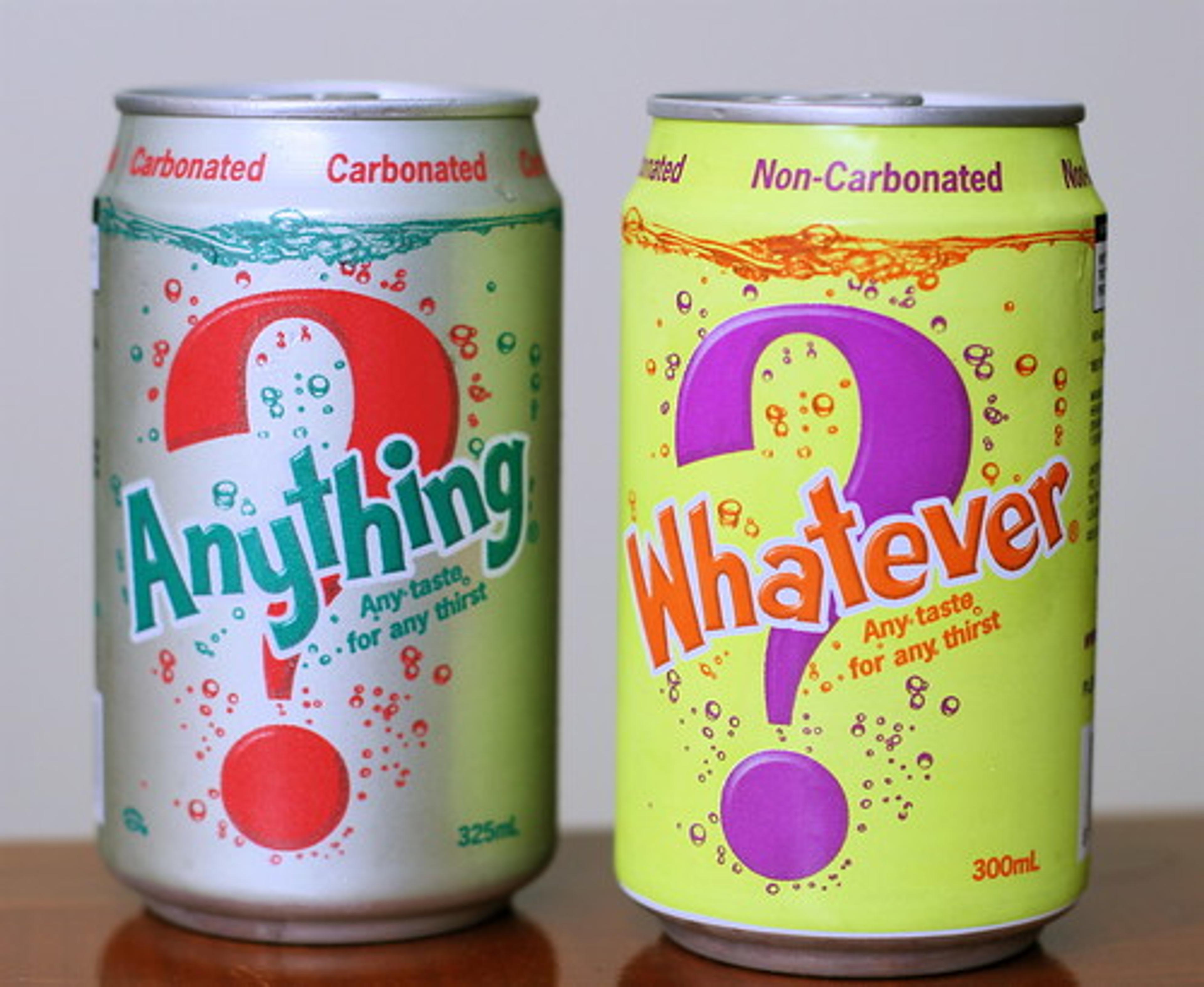Many Beverages Contain Calories, Too — And They Add Up Just As Fast
Jodi Davis
| 4 min read

I don’t know about you, but I prefer to chew my calories instead of drink them!
I’ve made this statement several times these past few years while sharing my healthy lifestyle habits because it’s true: I would much rather chew my calorie intake than consume them by way of liquid beverage.
But what I find surprising is that several people question me about that statement. It’s not that they find it hard to believe that I would rather eat instead of drink something, but they are confused when I say that there are calories in beverages. Well, let me just tell you that there are… often hundreds of calories!
Liquid Calories
Now I am not saying that these calories are bad for you, of course many are good calories, such as the calories in milk — 1 percent fat milk contains 102 calories per one 8-ounce cup. Remember that measurement is one 8-ounce cup, the same size as the measuring cup that you use for your recipes. Pure fruit juice calories are also good for you… in moderation. For example, the recommended serving size of pure orange juice is, again, an 8-ounce cup, which contains 112 calories. Those calories add up in just the same way as food calories do.
Do I drink milk and juice? Yes, I do on occasion, making sure to include these beverages in my daily calorie intake, which I keep around 1,600 since I achieved my goal weight in 2002. (During my 16-month weight loss period, I stayed around 1,200 calories per day.) But I still would much rather chew my calories. If I have a choice of orange juice or an orange, I prefer the orange. A glass of apple juice or a red, juicy apple? I will go for the apple, for sure. I know that the whole fruit contains more nutrition than the glass of juice because I am also consuming the skin and the pulp.
But of course I do drink liquids, I can’t chew everything. Water is a favorite of mine, along with coffee and tea. As for the things that I absolutely will not drink: sugary soda, sweetened sport drinks, energy drinks and fruit drinks. These beverages are full of what I call bad calories — junk that I don’t want to ever consume, not only because they don’t do a thing for my health, but because the calorie content is unreal!
Careful What You Drink
Did you know that in one 12-ounce can of soda, there are 40 grams — or 10 packets — of sugar, which equals 150 calories in that one single can? Purchase the larger 20-ounce size of soda or larger? You must take a look here at the sugar content of those popular plastic bottles.
For those of you who prefer to buy your soda at the fast food drive-thru window, please be aware that a medium-size cup at most of the popular restaurants holds 21 ounces of the sugary stuff… meaning even more sugar! And then if you happen to order an extra-large soda, which is a whopping 32 ounces, you’ll be consuming even more sugar — taking in a total of 400 calories in one beverage alone! Four of those per day and I’m at my daily calorie intake! No thanks.
Unfortunately this is happening on a daily basis in this nation of ours; millions of people feel as if it is “okay” to do this. Thank goodness that there are many who realize it is not okay…
And so you decide to do away with the sugary sodas and replace them with fruit drinks and energy drinks, right? Guess what? They contain as much sugar and calories as full-calorie sodas! It’s almost as though you just can’t win!
Sadly, our kids aren’t winning either. The makers of sugary drinks are targeting kids and they’re buying it.
It’s not right. I don’t like it and I wish I could change it. But how? How can we get our kids to stop drinking so many empty calories? Any suggestions out there?
Photo by Shiny Things





